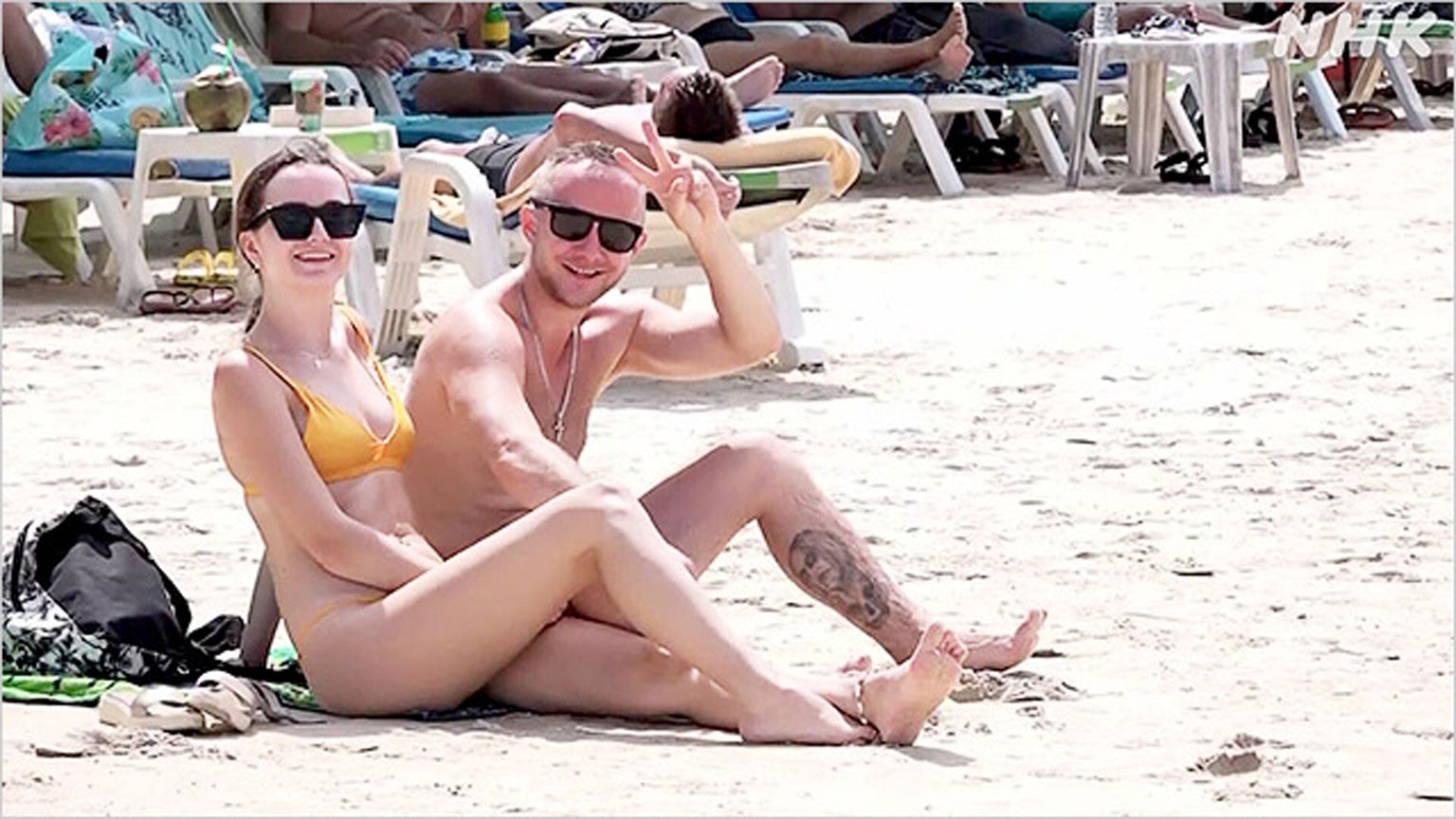Flights packed
Direct flights between Russia and Thailand resumed in October last year, and there are now 90 roundtrips each week. In February, they were filled with about 186,000 Russians. One of the busiest routes operated by Russian airline Aeroflot goes to Phuket, a popular beach destination.
It's all in stark contrast to Japan, the United States and a host of European nations, who have all banned direct flights from Russia.
Like many Southeast Asian countries, Thailand has decided against imposing sanctions on Moscow. Instead, the government is looking to make bilateral ties even stronger.
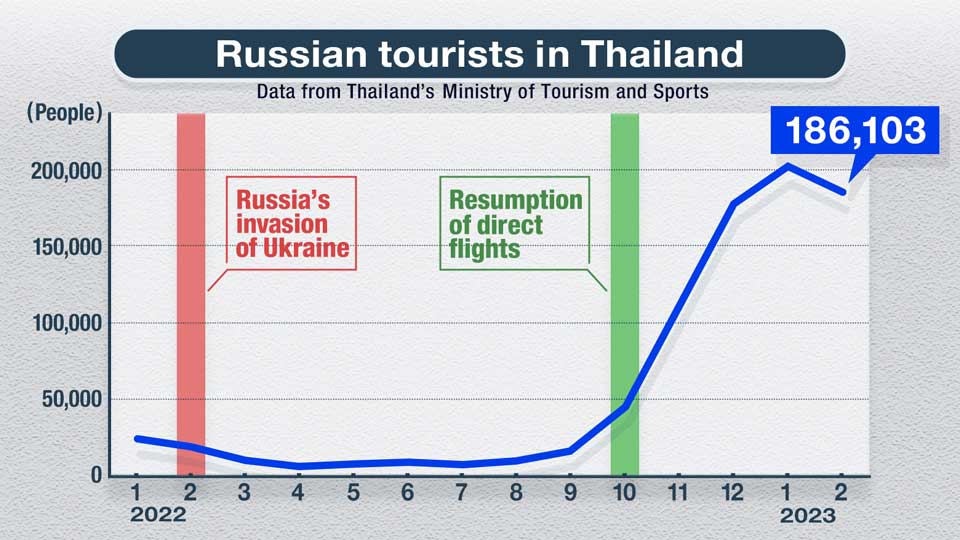
Like 'winning the lottery'
Before the coronavirus pandemic, tourism accounted for 20 percent of Thailand's GDP. The industry is getting back on its feet, and many businesses are happy to see the Russians pour in.
One woman who runs a massage business in Phuket says her shops were closed during the pandemic, and her staff returned to their hometowns to look for work. But she's since reemployed them all, and revenues have bounced back.
A restaurant owner estimates about 85 percent of her customers are tourists from Russia. She says the resumption of direct flights is like winning the lottery.
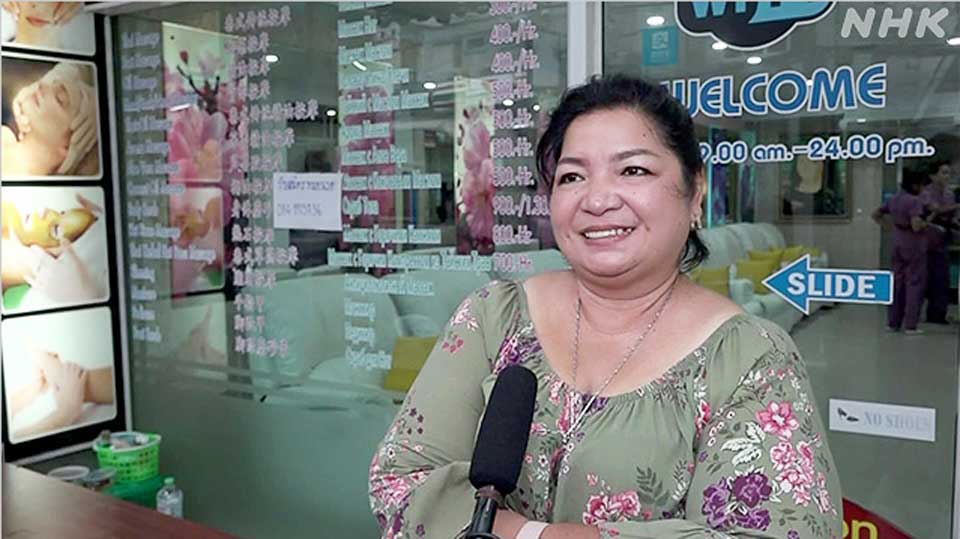
Longer stays for the rich
A travel company in Phuket with mainly Russian customers is posting record revenues on the back of the boom. The firm's deputy managing director Olga Na Takuatoong says wealthy families are enjoying longer stays in luxury hotels, often for 15 to 17 days. She adds that many groups include children, grandparents and even nannies.
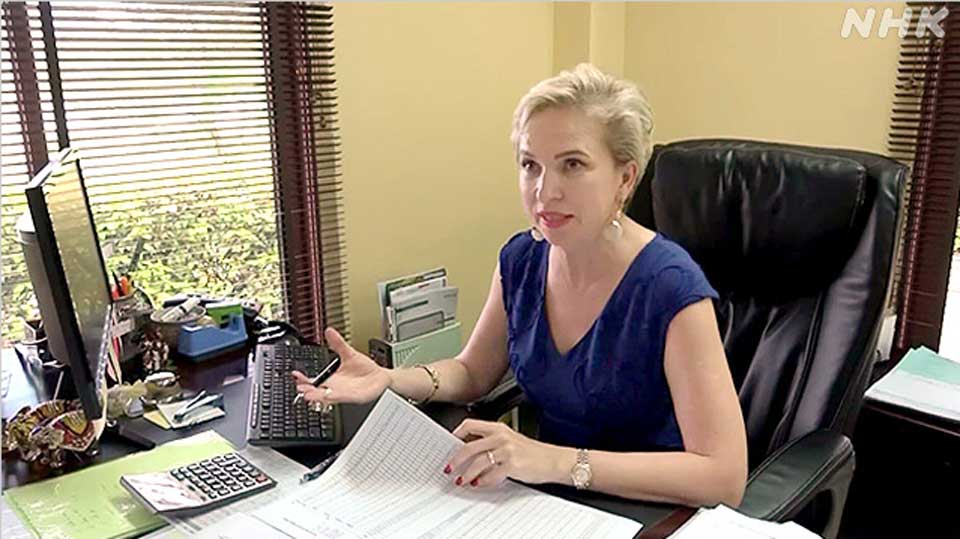
Complex feelings
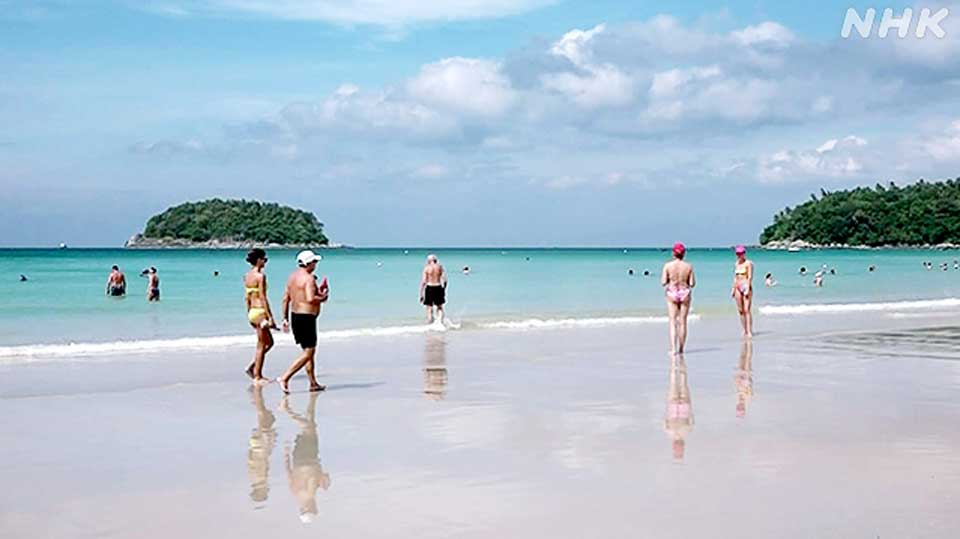
Most of the Russian tourists NHK WORLD met in Phuket were unwilling to speak on record. Those who did expressed complex feelings about the crisis in Ukraine.
"It's terrible. I don't want war," says one. Another notes: "I am afraid that those of us who oppose the Russian government may be imprisoned. I love Ukraine and feel for my many friends and relatives there."
One tourist admitted to not wanting to go home. "When I go back, I might be mobilized into the military. I'm thinking about staying in Thailand for as long as my tourist visa allows, and then moving on to a different country."
Some firms in Phuket employ Ukrainians, and there are also Russian business operators who were born in Ukraine. "It hurts, because my family and relatives live there," says one.
"I oppose the invasion. I feel complicated about accepting Russian tourists at work," says another businessowner. "But because my company took such a hit during the pandemic, I must be pragmatic."
Target: 1 million Russians
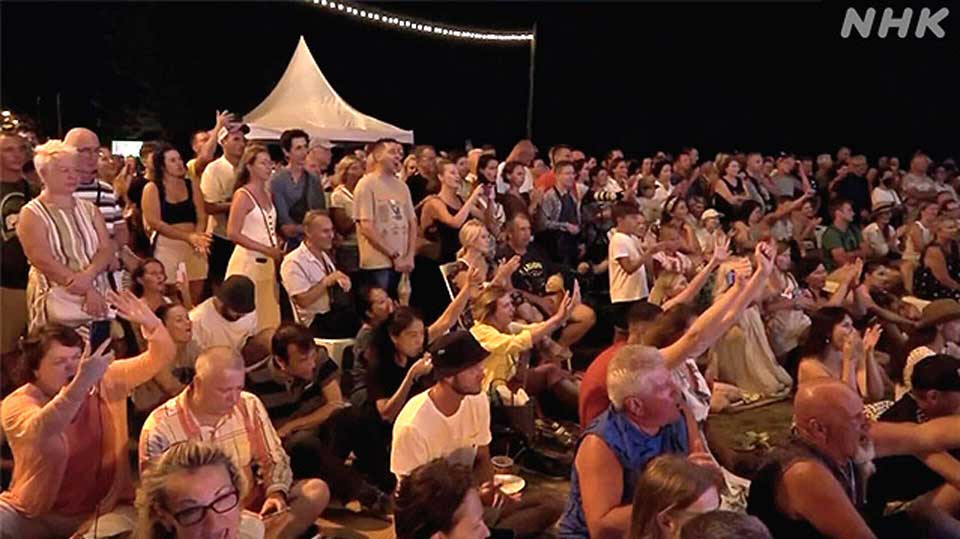
Siripakorn Cheawsamoot, a senior marketing official at the Tourism Authority of Thailand, expects there will be even more flights from Russia to meet all the demand. Asked why Thailand keeps its borders open at the same time as many other counties set restrictions, he says, "Thailand can distinguish between conflicts and tourism.
"We see that we don't want to close our door to a specific country. The Russian tourists are not doing anything wrong."
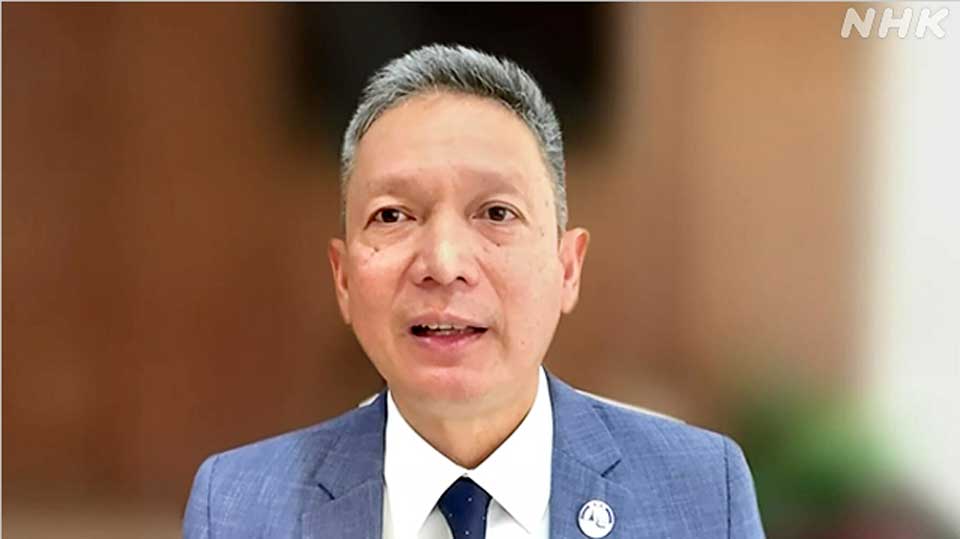
Boosting ties
Similar moves are afoot outside the tourism industry. In December last year, trade officials from both countries attended a seminar in Bangkok called Thai-Russian Trade & Economic Relations in the New Reality: Problems and opportunities.
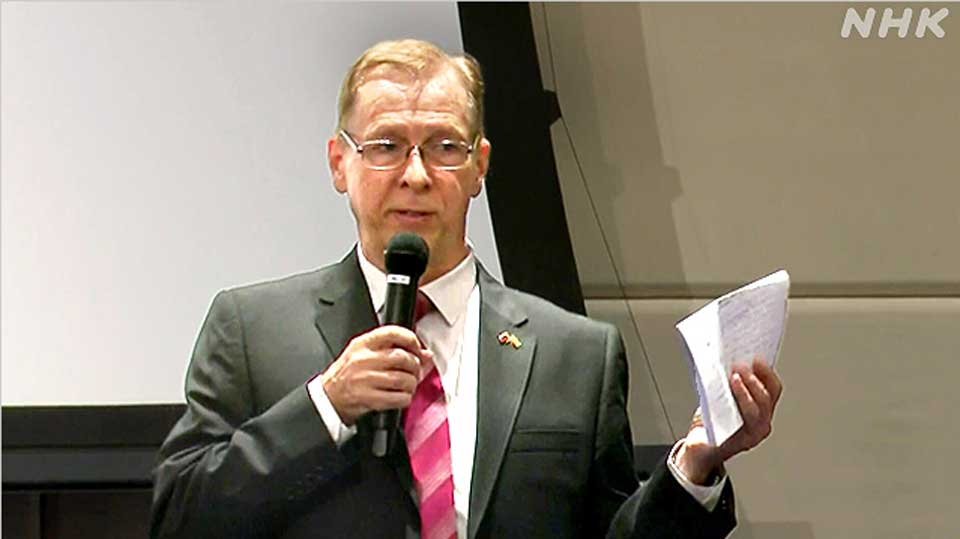
Russian participant Vitaly Kisselev, president of the Thai-Russian Chamber of Commerce, told the gathering, "Because of the serious obstacles for trade with the West, Russian producers and importers are looking east for new business opportunities."
"Big Russian companies view Thailand mostly as a tourism destination, the good beach and sunshine and things like that, but they didn't really look at it as a potential business partner. So now things are changing. And now this is actually happening."
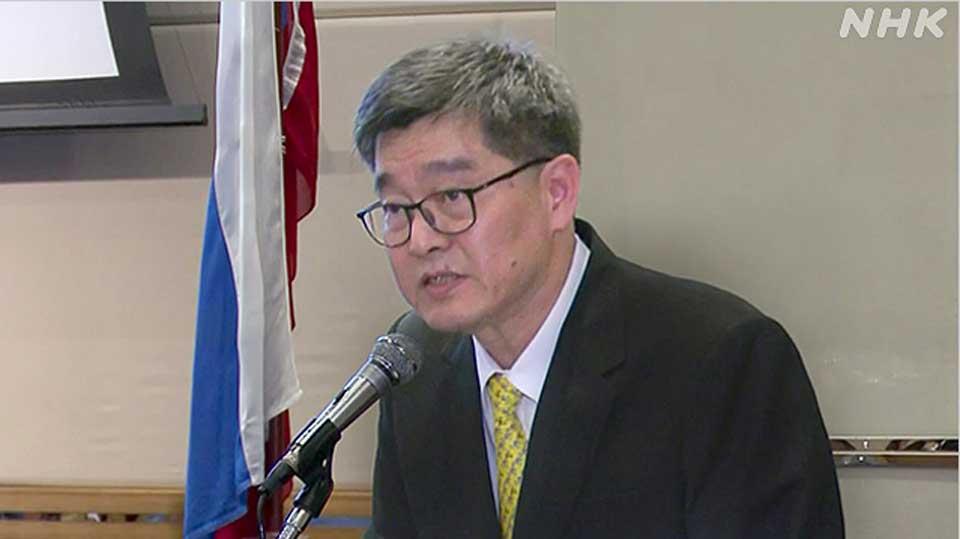
Thailand's ambassador to the Russian Federation, Sasiwat Wongsinsawat, also addressed the seminar. "The current international political and economic situations can be both a crisis, and new opportunities, for us," he said.
"At the policy level, I would like to reaffirm to all of you, Thailand's balanced approach. Our government adheres to the universally recognized principles of international law and supports peaceful settlement.
"Condemnation, threats, and other similar gestures, provoke intransigence and greatly reduce the chance for diplomacy and constructive engagement.
"Sanctions disrupt supply chains, cause immense impacts on people and exacerbate existing fragilities in the global economy. And to mitigate this impact on our people and economy, we must be very, very practical," explained the ambassador.
Either way, the beaches of Phuket are filled with Russians. Great for local businesses, and a reminder of the strikingly polarized world in which we live.
